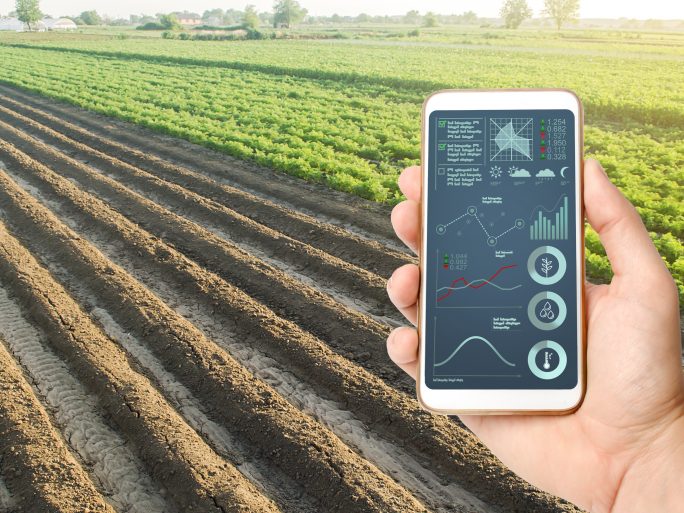Bitkom Survey: Climate Protection Drives Agriculture’s Digitisation

Sensors analyze soil health, AI helps with fertilizing, IoT controls irrigation – 68% of German farmers see digitisation as an opportunity for greater sustainability.
Sensors analyze soil health, AI helps with fertilizing, IoT controls irrigation – 68% of German farmers see digitization as an opportunity for greater sustainability.
This is shown by a representative survey commissioned by the digital association Bitkom among 500 farms in Germany with 20 hectares or more.
According to the study, the increasing importance of environmental and climate protection is driving digitisation in agriculture particularly strongly: Around eight out of ten farms (78 percent) see climate change as a major threat to agriculture. Two out of three (67 percent) say they are affected by climate change themselves – especially farms in eastern and central Germany (77 percent each).
“This summer’s drought has shown: Progressive climate change poses major challenges for farmers. In the future, even more farms will be directly affected. Digital applications can help to apply valuable resources such as water or fertilizer efficiently and in an environmentally friendly way,” explains Andreas Schweikert, Head of Agriculture at Bitkom. “Digitalisation is an important lever for ensuring more climate protection in agriculture.”
More than six out of ten farmers (63 percent) believe that they have a major responsibility in the fight against climate change. Many farms already rely on digital technologies. Particularly environmentally friendly, for example, is the site-specific application of certain farm inputs. For example, 23 percent of farms use such applications for the targeted application of crop protection products, while the figure for fertilizers is as high as 30 percent.
In order for even more farmers to use digital applications for more sustainable management, investments in technology are needed, among other things. However, 83 percent see the high investment costs as the biggest hurdle when it comes to implementation. Schweikert: “Farmers need more support in getting digital solutions up and running. On the one hand, economically through investment support, and on the other hand, technically through expert advice and training.”